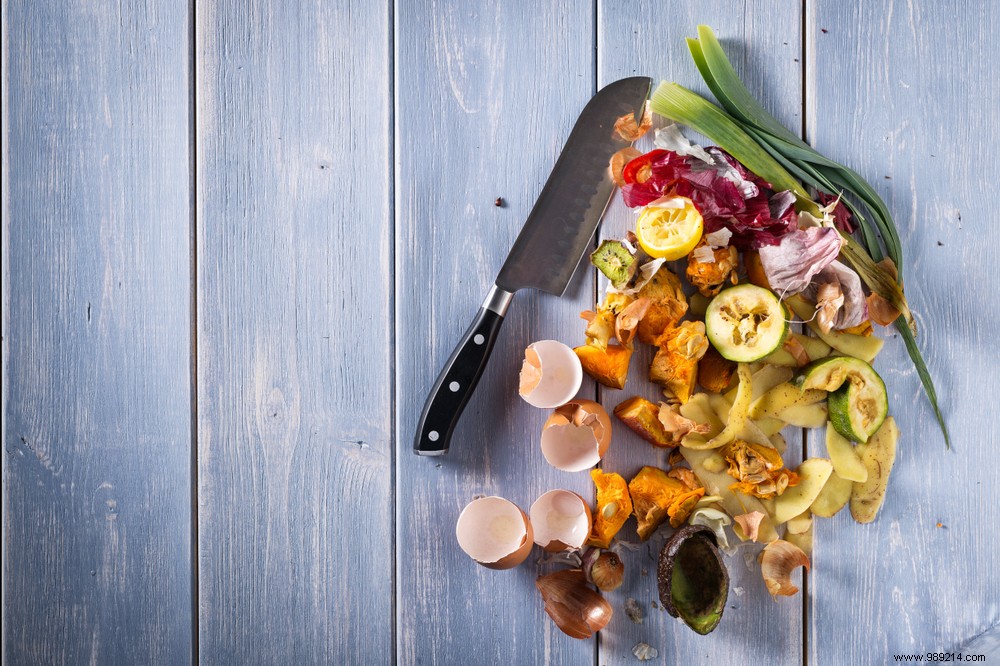
The prize for the most beautiful garden will not pass you by this time! To put the odds on your side, how about betting on natural compost? Whether to save money or for ecological reasons, take the plunge and create your own compost. Here's how.
What is compost?
Compost is a completely natural and non-polluting fertilizer made from plant or animal waste. This waste degrades on contact with the oxygen present in the air, and the composting process (degradation followed by a period of maturation) begins with the appearance of bacteria and fungi. Not very appetizing, it is true, but very effective.
Once the organic waste is broken down and mixed, you get a quality fertilizer that you can use in your garden to promote plant growth.
To create your own compost, you will use scraps from your daily life:
Make sure that the elements you include in your compost have not received any chemical treatment.
The secrets of successful compost
There are three habits you should adopt to compost successfully:
What is the benefit of compost for your garden?
Making your own compost is quite easy to implement. Do you know what this recycling of domestic waste is for? What is the interest for your garden?
Natural compost has many advantages:
Compost therefore improves the quality of the soil and makes it more fertile. The action of micro-organisms reproduces what humus can bring to the vegetation of a forest. Compost is a natural soil for the greatest happiness of your vegetable garden, your flowers, or various and varied plantations.
Make your compost:the green approach that has it all!
If compost has a certain interest for your garden, its benefits do not stop there. Making your compost is helping to preserve our planet, just that! Explanations:by recycling your organic household waste (which represents nearly 30% of the weight of your bin), you value it! In this way, you contribute to the reduction of collection and incineration costs. Less waste in bins =fewer garbage trucks =less landfills.
With domestic compost, you no longer use polluting products that seep into the soil. A very important small gesture for our planet. Not to mention that composting is also good for your wallet. By recycling your waste, you no longer need to buy soil, phytosanitary products or commercial fertilizers.
Ask your town hall for a composter
If you are lucky enough to live in a city that supports composting, you can ask your town hall for the loan of a composter. Your municipality will supply your compost bin with dry matter. If you have a small corner of the garden, don't wait any longer and contact your town hall now.
By recycling your household waste, you value it and give it a second life. Creating your own compost allows you to save some money and become an eco-responsible gardener. Embark on the adventure of recycling and your garden will reward you.